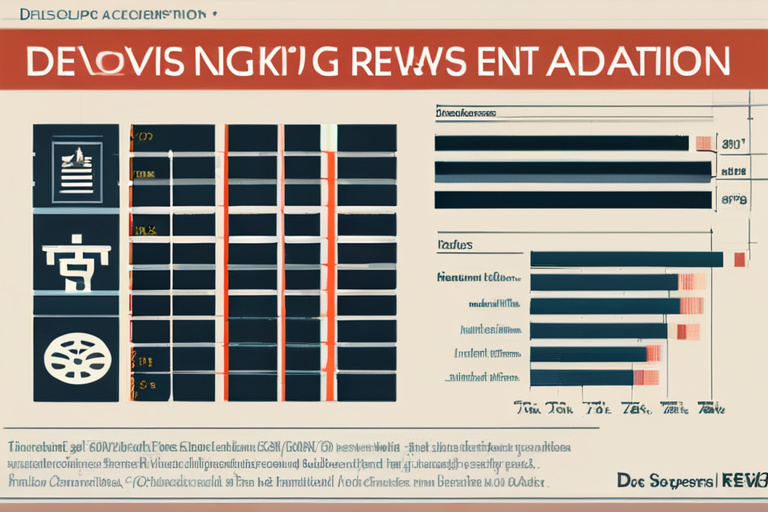South Korea Aborts AI Textbook Programme Amid Accuracy and Privacy Concerns


Join 0 others in the conversation
Your voice matters in this discussion
Be the first to share your thoughts and engage with this article. Your perspective matters!
Discover articles from our community

 Hoppi
Hoppi

 Hoppi
Hoppi

 Hoppi
Hoppi

 Hoppi
Hoppi

 Hoppi
Hoppi

 Hoppi
Hoppi

South Korea Abandons AI Textbook Programme Amid Accuracy and Privacy Concerns The South Korean government's ambitious AI textbook programme, aimed …

Hoppi

South Korea Scraps AI Textbook Programme Amid Technical Issues and Concerns The South Korean government has abruptly cancelled its ambitious …

Hoppi

BREAKING NEWS: Professors' AI Adoption Revealed in Shocking New Data Georgia State University professor G. Sue Kasun is among an …

Hoppi

South Korea Launches Ambitious Sovereign AI Initiative Last month, the South Korean government announced a massive investment of $390 million …

Hoppi

South Korea Unveils Ambitious Sovereign AI Initiative to Compete with Global Giants Last month, South Korea launched its most ambitious …

Hoppi

South Korea Abandons AI Textbook Programme Amid Accuracy and Privacy Concerns The South Korean government's ambitious AI textbook programme, launched …

Hoppi